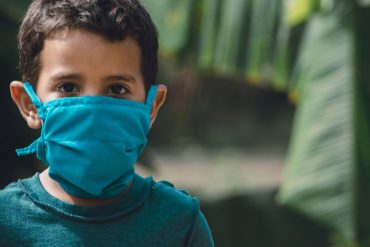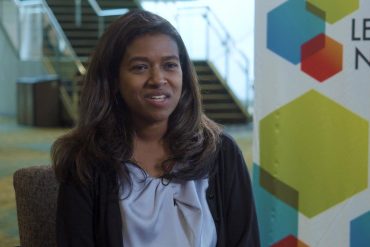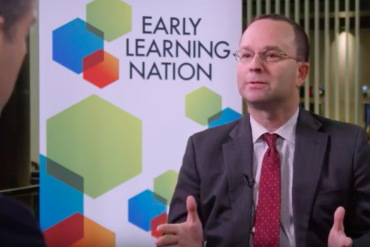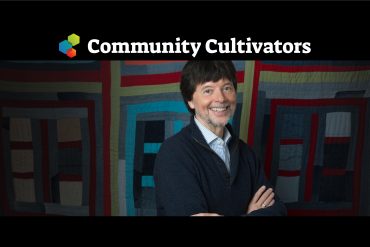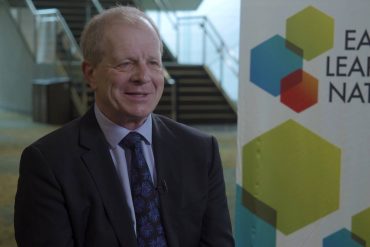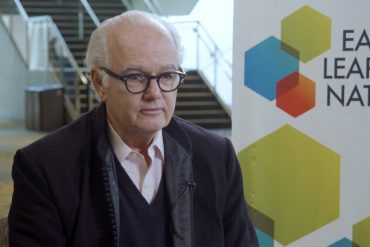The Rapid Assessment of Pandemic Impact on Development, or RAPID project, gathers essential information on unmet needs and health-promoting behaviors for...
When University of Maryland Associate Professor Geetha Ramani and her colleagues visit early learning classrooms, they’re known as the “game people.” Ramani’s research shows not only the importance of teaching math skills, but also the effectiveness of what might seem like an obvious tactic: Make it fun.
What are you most thankful for in the early learning world? We put the question to Early Learning Nation’s community...
Despite working in captivity for most of 2020, we continued to speak with top Early Learning researchers, educators, nonprofit and...
Many business leaders realize: If you want to secure the workforce of the future, it makes sense to start at the beginning of “the supply chain.” And that’s early learning.
Tonja Rucker, program director for Early Childhood Success at the National League of Cities, discusses the universal message crossing partisan divides, all sectors and audiences, that to have vibrant, thriving cities, families must be strong. Watch to learn more.
Investing in New Systems for Paying Educators What They Need and Deserve
New Grant Opportunity Deadline May 1, 2023
For U.S. children to realize their potential, the professionals who care and educate them need the training, respect and compensation...
Ken Burns: Committing to Complexity
Nothing against TikTok, but the documentarian still believes in sustained attention
If you add it all up, Ken Burns and PBS have broadcast over 200 hours of documentary films. It might...
How and why do children become aggressive – or even violent? How can we understand the true causes – and recognize the signs – before they take hold? Kenneth A. Dodge, Pritzker Professor of Public Policy at Duke University explains the important research that can help children and families. Filmed for Early Learning Nation’s Mobile Studio at the Society for Research in Child Development’s biennial meeting in Baltimore, MD, on March 22, 2019. #SRCD19
According to NYU University Professor Lawrence Aber, poverty and violence are the two most toxic challenges for child development – areas he has researched from the U.S. to Africa and the Middle East. Regardless of location, children can experience poverty and violence in difference ways and levels. Aber explains the research, tools and tactics required to give children the best opportunities for successful development. Filmed for Early Learning Nation’s Mobile Studio at the Society for Research in Child Development’s biennial meeting in Baltimore, MD, on March 22, 2019. #SRCD19
Children come into the world noticing. They notice sights, sounds, smells and the attitudes and emotions of people around them....
Make. Learning. Relevant.
Dean Kamen’s Vision for Building Community
Imagine a world where baseball is a subject taught in school. Just one thing is missing from this imaginary curriculum: the students never actually get to play the game.
In September, they open their textbooks and read about the origins and rules of baseball. After winter break they take tests on pitching and hitting records set by the greatest players. By the spring, classes delve into the nuances of base stealing and bunting.
So what if they never swing a bat themselves or catch a line drive, right? It’s not like any of them are going to become professional ballplayers, right?
To Dean Kamen, this scenario is no more absurd than the way math and science have been taught traditionally.


